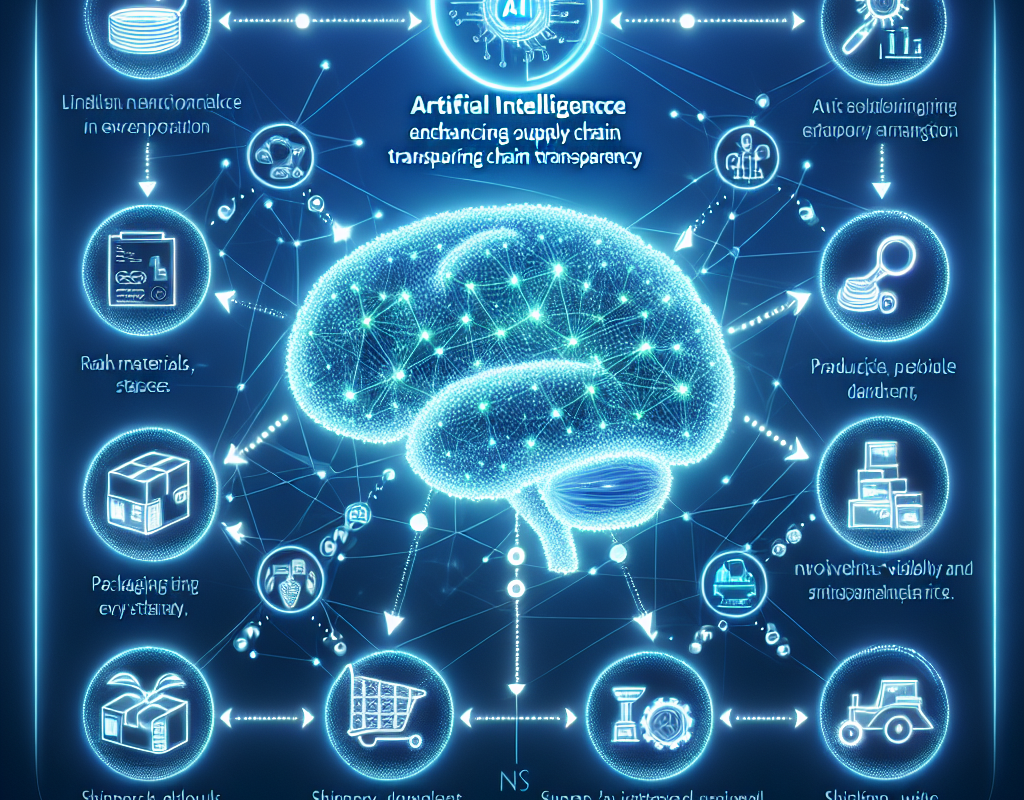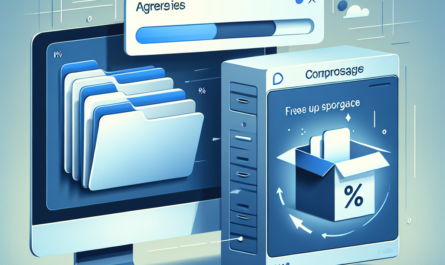The advent of Artificial Intelligence (AI) has marked a revolutionary shift in various industries, and the realm of supply chain management is no exception. As global trade becomes increasingly complex, the need for transparency within supply chains has never been more crucial. Leveraging AI technology can provide unparalleled insights and efficiencies, ensuring seamless operations from production to delivery.
Why Supply Chain Transparency Matters
Transparency in the supply chain is vital for numerous reasons, ranging from compliance with regulations to building trust with consumers. Key benefits include:
- Compliance and Risk Management: Regulatory bodies demand stringent adherence to various laws and standards. Transparency helps companies monitor compliance and manage risks more effectively.
- Consumer Trust: In an age where consumers are increasingly concerned about ethical sourcing, transparency can enhance brand reputation and customer loyalty.
- Operational Efficiency: Clear visibility into the supply chain allows for better decision-making and optimized operations.
The AI-Powered Supply Chain
1. Predictive Analytics
AI-enabled predictive analytics can forecast demand, anticipate potential disruptions, and optimize inventory levels. AI algorithms analyze historical data and identify patterns to provide accurate demand predictions.
2. Real-Time Monitoring
AI technologies such as Internet of Things (IoT) devices and sensors enable real-time monitoring of goods as they move through the supply chain. This ensures that any anomalies can be detected and addressed promptly.
3. Enhanced Data Management
Traditional data management methods are often insufficient for handling the colossal amount of data generated by modern supply chains. AI can automate data collection and analysis, providing actionable insights that drive better decision-making.
AI Applications in Supply Chain Transparency
1. Blockchain Integration
Combining AI with blockchain technology can further enhance transparency. Blockchain’s immutable ledger ensures that all transactions are recorded and cannot be altered, while AI can analyze these transactions for patterns and anomalies.
2. Supplier Relationship Management
AI can streamline supplier relationship management by analyzing supplier performance and spotting potential risks. This enables companies to make informed decisions about which suppliers to partner with.
3. Automated Auditing
AI can automate the auditing process, ensuring compliance with regulatory requirements and internal policies. Automated auditing reduces the risk of human error and accelerates the process, making it more efficient.
Challenges and Considerations
While AI offers numerous benefits, there are challenges to consider:
- Data Privacy: Handling vast amounts of data necessitates robust data privacy measures to protect sensitive information.
- Integration Costs: Implementing AI technologies can be costly. Organizations need to weigh these costs against the potential benefits.
- Technical Expertise: Effective AI deployment requires specialized knowledge and skills that may not be readily available within all organizations.
The Future of AI in Supply Chains
The future of AI in supply chains looks promising, with advancements in technology continuing to break new ground. Innovations such as machine learning and deep learning will further enhance predictive capabilities, while AI-driven automation will streamline operations to unprecedented levels.
As AI continues to evolve, its role in supply chain transparency will only become more significant. Organizations that adopt these technologies early stand to gain a competitive advantage, achieving greater efficiency, compliance, and customer satisfaction.
Conclusion
The role of AI in enhancing supply chain transparency cannot be understated. By leveraging AI technologies, companies can achieve operational excellence, ensure regulatory compliance, and build stronger relationships with consumers and stakeholders. As we look to the future, the integration of AI within supply chains will undoubtedly be a game-changer, paving the way for a new era of transparency and efficiency.




